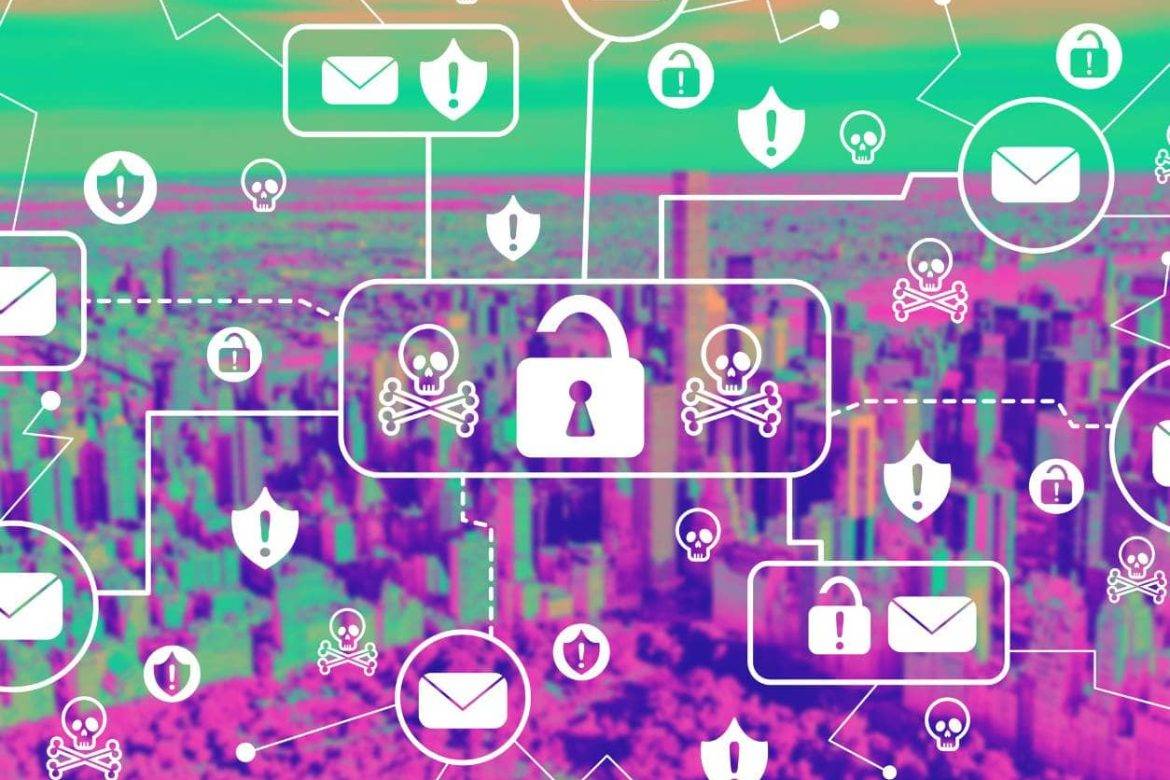Beware of Email Scams Targeting the Promotional Products Industry
This post is based on a topic covered in one of our Friday Flashback newsletters. Friday Flashback is a weekly newsletter from Kaeser & Blair Director of Sales Liza Sachs. Each edition contains valuable insights and updates for the promotional products industry.
This is a reminder that we all need to stay diligent and alert. Unfortunately, there is a severe uptick in scams targeting our industry. Posing as customers, these criminals are getting smarter and can be difficult to catch. Each month, our new accounts team catches quite a few and our finance team shared these four red flags you should look out for.
1. Unprofessional Email
Emails from these “customers” are usually very unprofessional and include poor grammar and the occasional misspelled words. These indicators should serve as immediate red flags for recipients. Legitimate promotional products distributors take pride in their professionalism and would not send out poorly crafted communications.
2. Inconsistent Order Information
Prepaid orders with credit cards will either have a different ship to address than the billing address, or the customer will request the change once the order is booked. Most often the shipping address is in a completely different state. These orders with stolen cards all tend to be in the $5,000–10,000 range.
3. High-priced Blank Goods
Products that scammers seem to focus on include all electronics, blank t-shirts, backpacks, tumblers, drives, and other high-priced items they can most likely resell. Blank goods from a customer you never worked with are a big warning sign.
4. Discrepancies in Credit Applications and Purchase Orders
If a customer provides a credit application or a purchase order, there are usually a few things to take note of. The fake phone numbers and emails provided will direct back to the scammer, so look closely at these.
Email: What would appear to be a valid corporate email, will have a slight variance in spelling (such as changing a single letter). For example, JoeCustomer@firstenergycorp.com is a legitimate email address. However, a scammer would set up JoeCustomer@firstenergycrop.com instead.
Phone numbers: When it comes to phone numbers, sometimes a closer look will also show the area codes are in a different state than the address.
Conduct Simple Research
Many times, a quick Google search for the customer or the shipping and billing addresses can confirm something is amiss. If the search results raise doubts or present conflicting details, take heed. Taking the time to investigate further can save your business from potential financial losses and reputational damage.
Conclusion
If there is any doubt, follow up with credit or leadership and we can explore the situation further. If a customer comes out from nowhere with a big opportunity—just watch that you have done your due diligence.
For more information on email scams targeting the promotional products industry, check out these articles from ASI:
–Liza
Liza Sachs is a 25+ year veteran of the promotional products industry and heads up our Sales and Supplier Relationships for the organization as Director of Sales. Liza has experience on both the distributor and supplier sides, which gives her the unique vision to assist our dealers to expand their sales.


